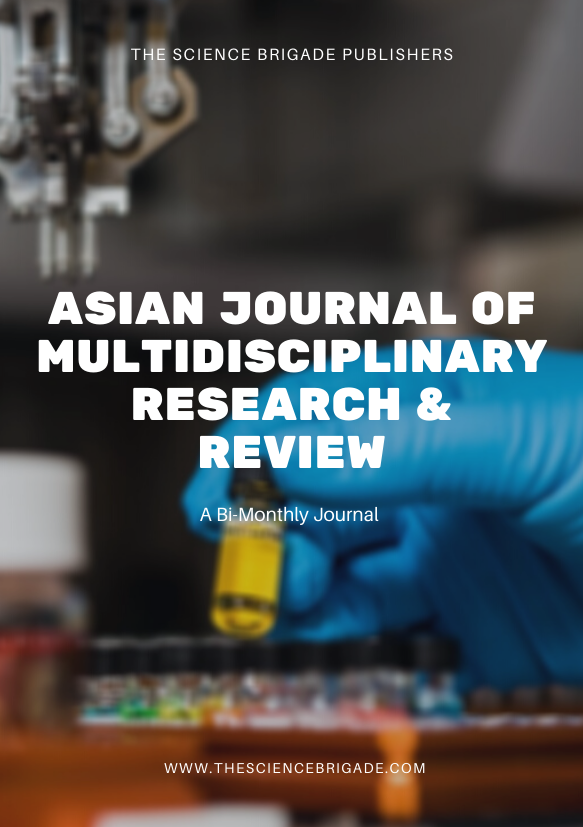China has emerged as one of the 21st century’s most confident and consequential nations. From the Belt and Road Initiative to the Health Silk Road, China has proactively engaged with Eurasian countries and successfully projected its leadership abroad. Up to this point, the question left unanswered is, is this China’s debut as a global power? As it is critical to take note of the complexity of China’s rise, this article approaches the issue from a historical perspective and interrogates the role of the Manchurian’s rule over China beginning in the 17th century. By revisiting the rise of China more than 400 years ago from the lens of “New Qing History”, this paper argues that continuity can be found between the Qing empire and the contemporary rise of China as a global geopolitical power.
Different from most Chinese scholars’ emphasis on Qing’s completion of the “grand unification (da yitong)”, “New Qing History” highlights Qing’s distinctiveness and the utilization of archival materials written in the Manchu language. There have been heated discussions on the topic, yet few of them approached the issue from the relationship between “Qing” and “China”. Supported by original archival materials written in Manchu language, this article explores the different receptions of “New Qing History” in Chinese and Western academia based on scholars’ understanding of the relationship between “Qing” and “China”. It further advocates a fluid understanding of ethnic identity in China as well as the so-called “Chineseness” in contrast to the conventional essentialist perception. By incorporating China into global history, this article aims to provide a new perspective in understanding contemporary China’s emergence as a global power and its state policies towards ethnic minorities.






